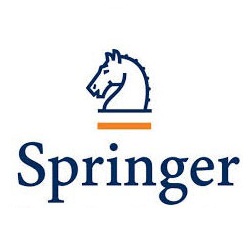Abstract
This paper addresses the role of politics in environmental policymaking in OECD countries. The public interest theory of regulation assumes that politicians pursue the public good and employ economically efficient instruments such as Pigouvian taxes to discourage polluting activities. Alternative theories of regulation, however, explain more realistically the environmental policymaking process. The theory developed in this paper argues that the goals of raising revenue and industry competitiveness overwhelm the goal of improving environmental quality when politicians set green taxes. This theory is empirically tested with a political economy model using data on OECD countries. The results suggest that policymakers do not set taxes with a specific concern for the environment, but to generate revenues. The model also demonstrates the concavity of the revenue function with respect to emissions; taxes are raised up to an optimal point beyond which raising them would discourage emissions, and thus revenues. Harmful behavior is not discouraged through the imposition of the taxes, since less healthy populations are taxed less. Emissions generated by industries that are exempted from taxation are offset by the industries that are taxed. When polluting products constitute a high share of the exported products, revenues from environmentally related taxes drop. These results help explaining the lack of environmental orientation of green taxes in the OECD countries.







